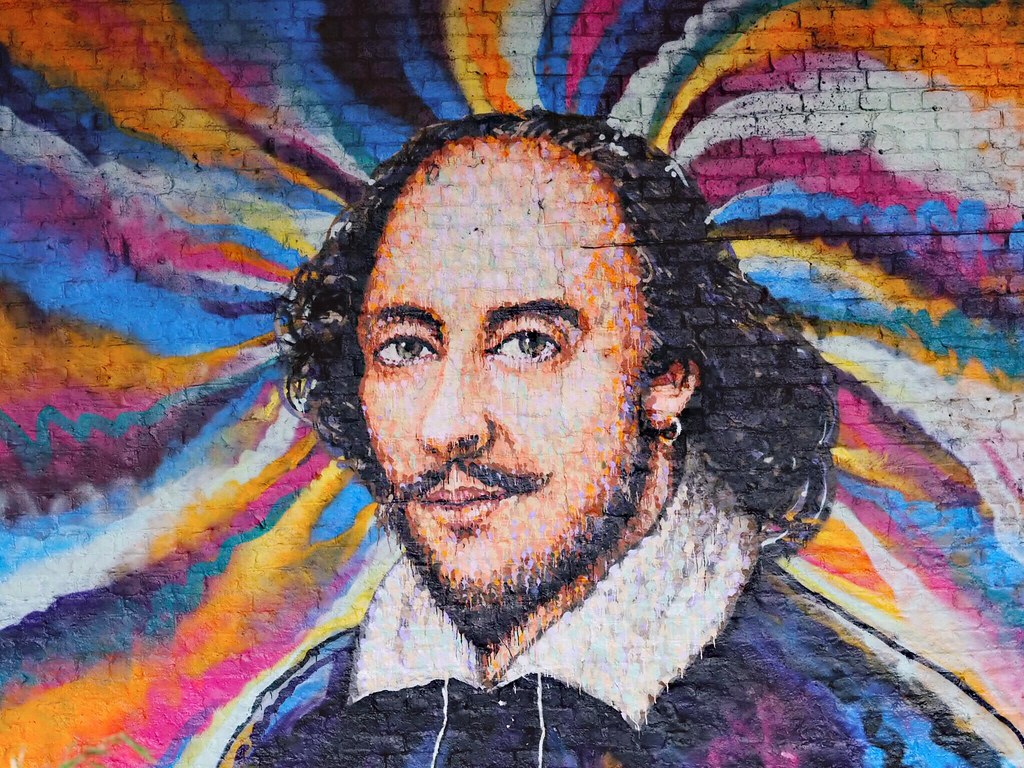We use cookies to make your shopping experience better. By using our website, you're agreeing to the collection of data as described in our Privacy Policy.
Radicals in Isolation
There’s a radical history of isolation – a history which can encourage us all.
Life comes at you fast these days…
Over the last few weeks, our communities have begun to mobilise to protect the vulnerable against COVID-19.
While heroic workers keep our health systems and other essential services going, for most of us, coronavirus means social distancing by staying at home as much as possible.
As we all settle into this new routine of spending a lot more time than usual inside, thoughts turn to making the best of a bad situation.
Shakespeare, it so happens, wrote King Lear while under quarantine during a plague outbreak.

Hope amid the gloom - click to browse our site for more radical history
History hand in hand with isolation
But our interests are a little more… radical.
And radical history has long gone hand-in-hand with isolation.
Reams of radical literature, for example, have been written in lonely prison cells.
Martin Luther King wrote his most famous defence of non-violent civil disobedience while jailed in Alabama, and Antonio Gramsci produced his now-classic Prison Notebooks while locked up in Mussolini’s dungeons.

Lawlessness and exile
Many other radicals have found isolation in the outlaw life, evading the law by avoiding society.
Harriet Tubman spent many lonely days and nights in the woodlands of the South as she tried to rescue slaves on the Underground Railroad.
Another isolating condition is exile.
Though still surrounded by other people, there is a great loneliness in being trapped in a foreign land, unable to return to the people and places you love.
Our radical past is littered with exiles – Karl Marx, Emma Goldman, the Tolpuddle Martyrs.

A life found in solitude
Other radicals have gone into isolation voluntarily, embracing a life of solitude.
Henry David Thoreau often retreated for long stretches of time to the quietness of his cottage on Walden Pond, Massachusetts, and Bartolomé de las Casas, that great defender of indigenous rights in Spanish America, chose the monastic life of a Dominican friar.
My point is, a huge amount of radical history has been made by people who were isolated.
Over the coming weeks, we’re going to tell some of these stories of radical isolation.
From MLK in Birmingham Jail to Marx in Highgate, this series will hopefully lift your spirits – and ours! – as well as showing what can be achieved from isolation when we show solidarity and compassion.
Keep well – and stay home!
As the radical saying goes, we shall overcome.
To keep you entertained whilst at home, click to read more radical history on our blog.



